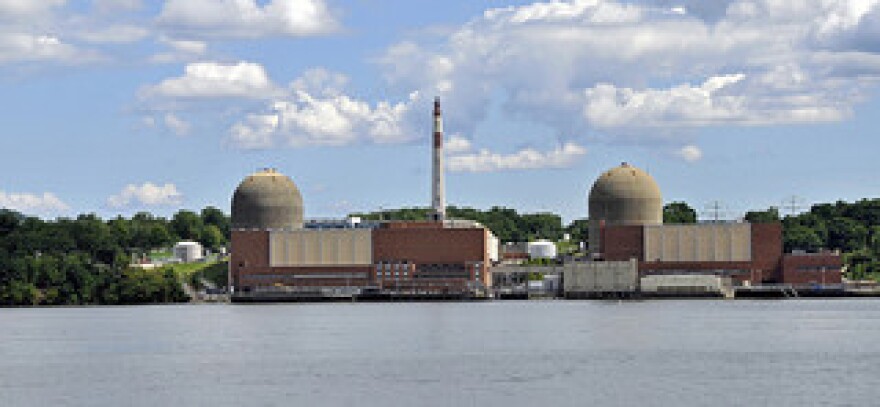Judges for the Indian Point license renewal hearing have dismissed challenges from two environmental groups and the state. Those challenges have to do with storing nuclear waste.
The Atomic Safety and Licensing Board Panel has dismissed contentions from environmental groups Riverkeeper and Clearwater along with New York State pertaining to on-site storage of nuclear waste at Buchanan-based Indian Point. Here’s Nuclear Regulatory Commission Spokesman Neil Sheehan.
“They did that based on the work that Entergy has already done as far as its aging management program for the spent fuel pools at Indian Point and basically the fact that the Commission has ruled on the long-term storage of spent fuel at these sites under that continued storage rule,” says Sheehan.
The NRC approved that continued storage rule at the end of August. Sheehan explains.
“So one of the things the NRC did over the last several years was we undertook a fresh study of spent fuel storage at nuclear power plants around the country,” Sheehan says. “This is now referred to as the NRC’s continued storage rule. It used to be known as the waste confidence rule. And the Commission found that based on all of our safety evaluations that it is safe to store this fuel on site for long periods of time.”
It’s a rule being challenged, for one, by attorneys general of New York, Connecticut, and Vermont. Meanwhile, Sheehan says the ASLB, in reviewing the contentions concerning Indian Point, had to look at how the continued storage rule would apply in this case. Manna Jo Greene is environmental action director for Beacon-based Clearwater.
“We believe that these issues related to fuel storage endanger the lives of the 20 million people that live and work within 50 miles of Indian Point and beyond,” says Greene.
She contends the fuel pools are overcrowded and aging.
“These fuel pools have four times the amount of radioactive fuel rods than they should,” says Greene. “They also ignored the fact that the liners within those fuel racks that are meant to absorb neutrons, they’re called Boraflex liners, these are aging and deteriorating, so essentially you have the potential for a fuel-pool failure.”
Greene says that while Clearwater could appeal, it will not, given it is a non-profit group with limited resources. Clearwater does have party status in the relicensing hearing process, as does Riverkeeper, New York State, and Indian Point owner Entergy Nuclear. An Entergy spokesman did not return a request for comment. Indian Point Two’s license expired in September 2013, though the reactor will continue to operate until the NRC renders a decision. The license for Indian Point Three expires in December 2015.








